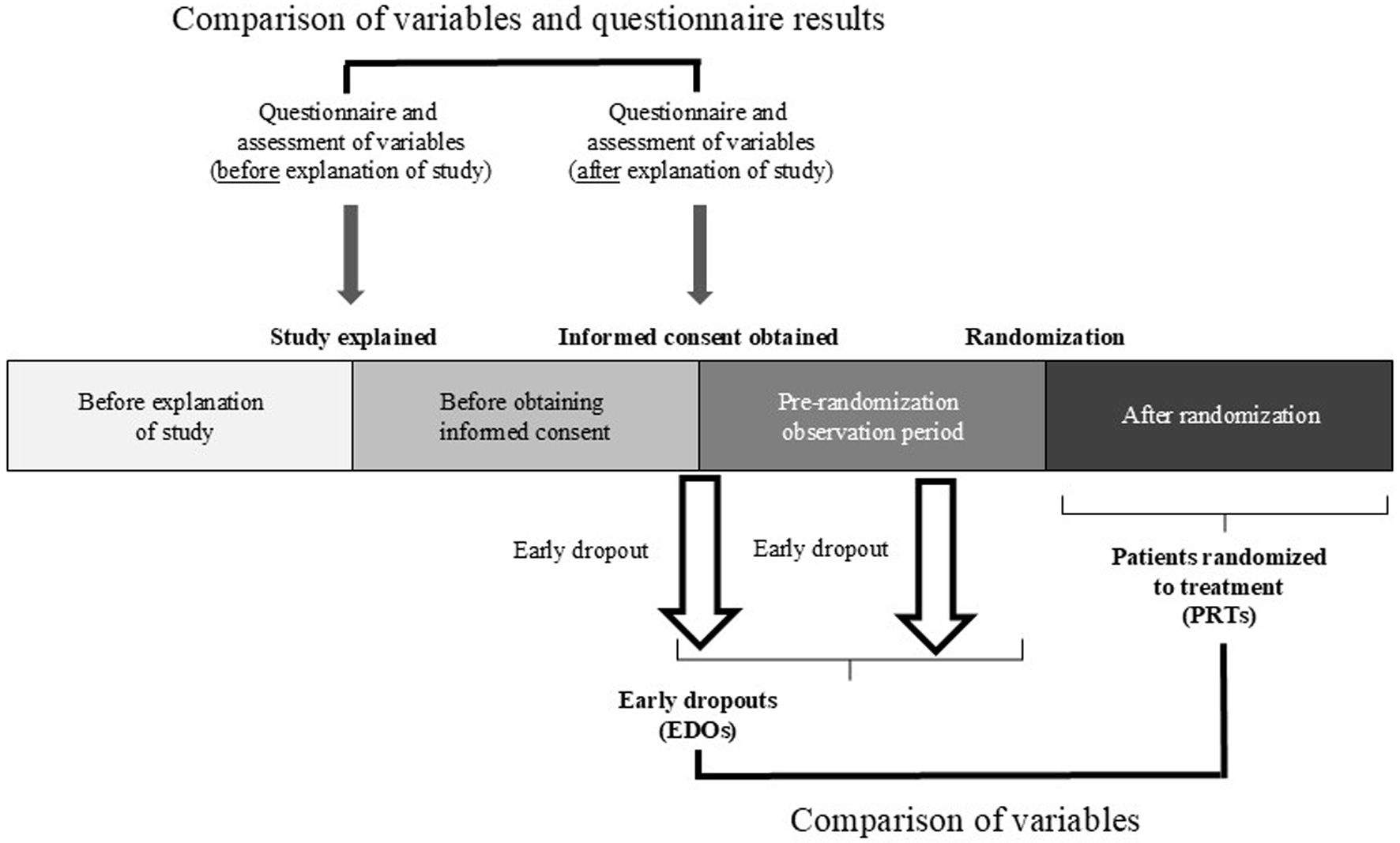Does Receiving Information on Clinical Trials Affect Patients’ Condition?
DOI:
https://doi.org/10.14740/jocmr6252Keywords:
Clinical trial, Lifestyle diseases, Health awarenessAbstract
Background: When performing clinical trials on lifestyle-related diseases at our hospital, we have sometimes experienced patients who fulfilled the inclusion criteria at the time of receiving an explanation of the trial but who no longer met the criteria when they arrived to provide their consent to participate 1 month later. In some of these cases, we noticed that the patient’s lifestyle subsequently improved. Therefore, we hypothesized that receiving information on clinical trials may affect lifestyle-related diseases.
Methods: We enrolled patients aged 85 years or younger who received information on a double-blind randomized clinical trial on treatment-resistant hypertension (R-HT) or one on diabetic nephropathy. In these patients, we evaluated whether the trial information affected a range of variables. In addition, we compared the rate of change in variables between two groups, i.e., patients who became ineligible to participate and were not randomized (early dropouts) and patients who decided to participate and were randomized (patients randomized to treatment). We also conducted a questionnaire on changes in patients’ motivation level, health awareness and behavior, and expectations and concerns and evaluated changes from before to after receiving an explanation of the trial.
Results: Seven patients who received an explanation of the R-HT trial and 14 who received an explanation of the diabetic nephropathy trial participated in the present study. The only significant change in any variable was in the R-HT clinical trial, where systolic and diastolic blood pressure significantly decreased in the early dropout group. There were no significant differences between the two groups in the rate of change in variables. After receiving information about one of the studies, patients who became more proactive or involved in changing their health-related behavior, such as their exercise, eating, and drinking habits, increased in both groups.
Conclusions: Receiving information on a clinical trial on hypertension can significantly affect blood pressure. Future research should examine whether providing information on clinical trials on other lifestyle-related diseases motivates patients to improve their lifestyles.

Published
Issue
Section
License
Copyright (c) 2025 The authors

This work is licensed under a Creative Commons Attribution-NonCommercial 4.0 International License.








